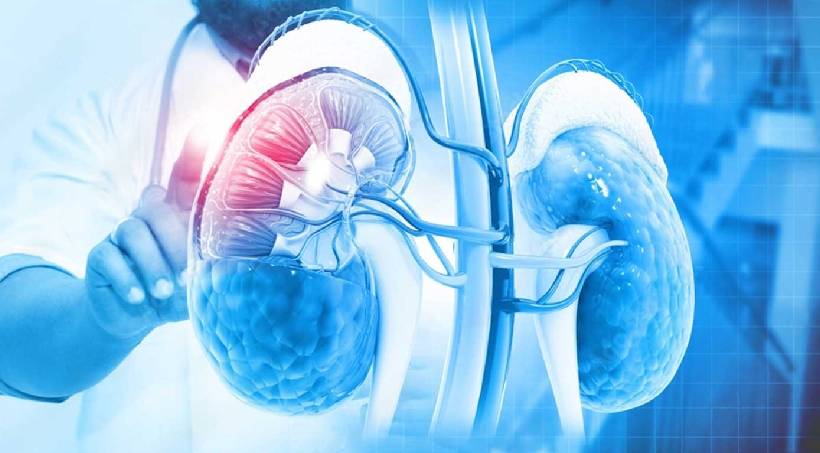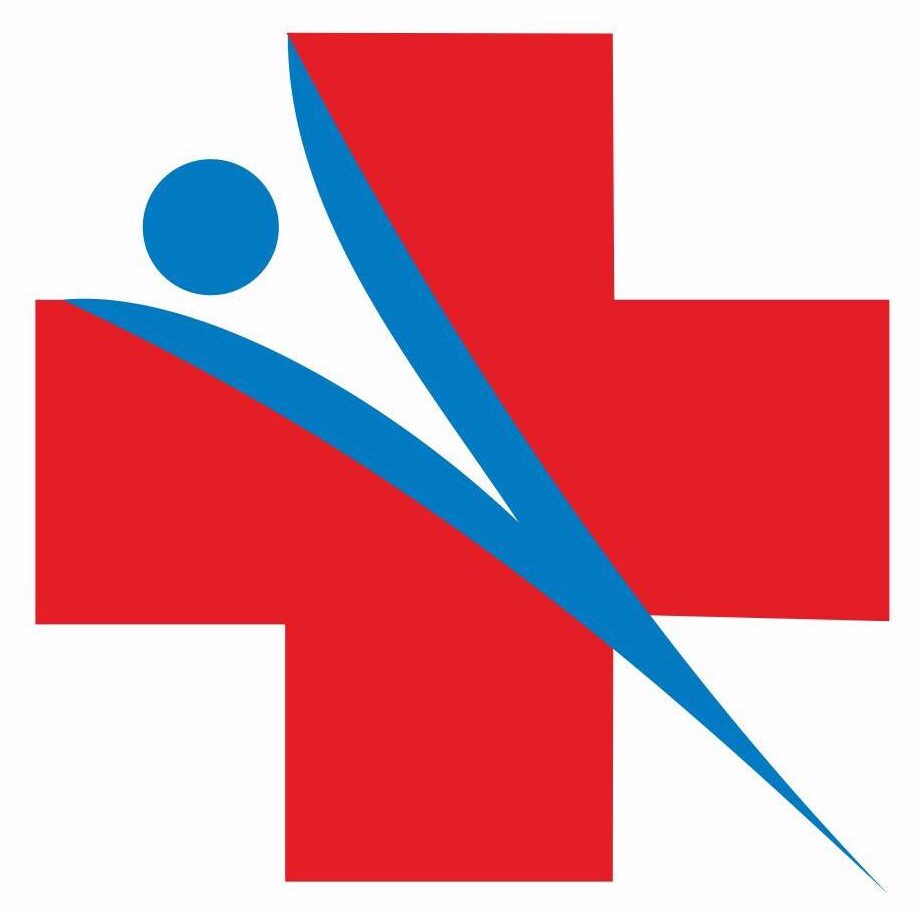Nephrology

Nephrology: Specialized Kidney Health and Treatment
What is Nephrology?
Nephrology is the medical specialty that focuses on the diagnosis and treatment of kidney-related diseases and disorders. Nephrologists manage conditions that affect kidney function, fluid and electrolyte balance, and blood pressure regulation.
Scope of Nephrology
The kidneys perform vital roles such as filtering blood, removing waste, maintaining electrolyte balance, and producing hormones that control blood pressure and red blood cell production.
Symptoms That May Indicate Kidney Issues:
Swelling in legs, ankles, or around the eyes
Changes in urination (frequency, color, foamy urine)
High blood pressure
Persistent fatigue
Nausea, vomiting
Muscle cramps or weakness
Common Kidney Diseases and Disorders
1. Chronic Kidney Disease (CKD)
A progressive condition where the kidneys gradually lose their function over months or years.
Causes: Diabetes, hypertension, autoimmune diseases, polycystic kidney disease.
Stages: CKD has 5 stages, with stage 5 indicating kidney failure.
Treatment: Blood pressure control, dietary changes, medications to slow progression, dialysis (in later stages).
2. Acute Kidney Injury (AKI)
A sudden decrease in kidney function, often reversible with timely treatment.
Causes: Dehydration, medications, infection, or obstruction.
Treatment: Treat underlying cause, temporary dialysis if needed.
3. Glomerulonephritis
Inflammation of the glomeruli (filtering units) in the kidneys.
Symptoms: Blood in urine, proteinuria, edema, high blood pressure.
Treatment: Steroids, immunosuppressants, control of blood pressure and infections.
4. Diabetic Nephropathy
Kidney damage due to long-term diabetes.
Signs: Protein in urine, slow decline in kidney function.
Prevention: Tight glucose and blood pressure control.
5. Hypertensive Nephropathy
Kidney damage caused by chronic high blood pressure.
Treatment: Anti-hypertensives, dietary sodium control, lifestyle changes.
6. Polycystic Kidney Disease (PKD)
A genetic disorder where fluid-filled cysts form in the kidneys.
Symptoms: Abdominal pain, high blood pressure, enlarged kidneys.
Treatment: Blood pressure management, pain control, dialysis in advanced cases.
7. Kidney Stones (Nephrolithiasis)
Hard deposits of minerals that form in the kidneys.
Symptoms: Severe flank pain, blood in urine, nausea.
Treatment: Pain management, hydration, lithotripsy, surgery if needed.
8. End-Stage Renal Disease (ESRD)
The final stage of CKD where kidneys no longer function adequately.
Treatment Options: Hemodialysis, peritoneal dialysis, or kidney transplant.
Diagnostic Tests in Nephrology
Serum Creatinine and eGFR – assess kidney filtration ability
Urinalysis – detect protein, blood, or infections
Urine Albumin-to-Creatinine Ratio (ACR) – early detection of kidney damage
Renal Ultrasound or CT Scan
Kidney Biopsy – for unexplained or rapidly worsening kidney function
Blood tests for electrolytes, urea, calcium, phosphate, etc.
Treatment Modalities
Medications: Blood pressure control (ACE inhibitors, ARBs), phosphate binders, diuretics, erythropoietin.
Dialysis: Removal of toxins and excess fluid from the body in patients with advanced kidney failure.
Hemodialysis: Machine-based, typically done 3 times/week.
Peritoneal Dialysis: Uses abdominal lining to filter blood, often done at home.
Kidney Transplant: Preferred option for eligible ESRD patients.
Nutritional Counseling: Low sodium, low potassium, low phosphorus diet; fluid restriction.
Why Nephrology Care is Important
Kidney diseases often progress silently until they reach an advanced stage. Early detection and expert nephrology care can prevent complications, delay the need for dialysis, and improve overall health outcomes.
